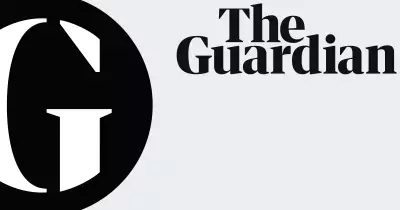
In a dramatic and tense confrontation, Shamima Begum has been filmed launching into a furious tirade against a reporter who tracked her down in a Syrian detention camp. The clip, obtained by the BBC, shows the 24-year-old—stripped of her British citizenship—in a rare public appearance, her voice rising in anger as she is questioned about her past allegiance to the Islamic State terror group.
The encounter took place inside the heavily fortified Al-Roj camp in northern Syria, where Begum has been languishing for years under the guard of Kurdish forces. Visibly agitated and dressed in a faded grey hijab, she initially attempted to hide her face before turning on the journalist.
'Why are you still talking about what I did as a kid?' she can be heard shouting, her tone a mix of defiance and exasperation. 'I don't think you have the right to know about my personal life. This is not your business. This is between me and my government.'
This outburst marks the first time Begum has been seen publicly in several years, offering a stark glimpse into her current state. Her words highlight the ongoing, bitter stalemate between her and the UK government, which revoked her citizenship on national security grounds in 2019 under then-Home Secretary Sajid Javid.
A Life in Limbo
Begum's story began in 2015 when, at just 15 years old, she and two other schoolgirls from Bethnal Green, East London, travelled to Syria to join ISIS. Her discovery in a refugee camp in 2019 by a Times journalist sparked a fierce national debate over her fate and the UK's responsibility towards its citizens.
Since then, she has remained in the squalid camp, her hopes of returning to the UK repeatedly dashed by legal challenges. The recent footage underscores her continued isolation and the profound consequences of her teenage decisions.
The Government's Stance
The UK government's position remains unequivocal. Officials argue that Begum posed a significant security threat and that the decision to remove her citizenship was a necessary measure to protect the British public. Her subsequent legal appeals have thus far been unsuccessful, leaving her in a stateless purgatory.
This latest visual evidence of her situation is likely to reignite the complex ethical and legal discussions surrounding her case, posing difficult questions about accountability, radicalisation, and the limits of state power.





